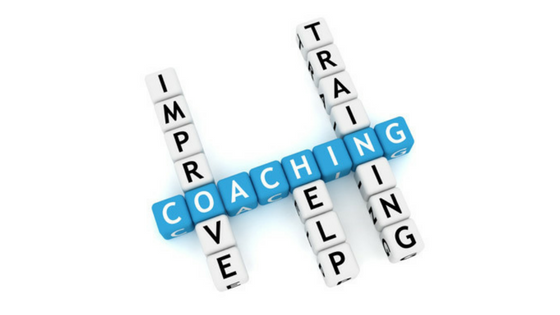
4 Ways to Improve Your Strategic Thinking Skills
4 Ways to Improve Your Strategic Thinking Skills
Strategic thinking requires envisioning what could happen in future and then applying the thought process to the current circumstances. This might sound like a tough task, particularly if you are a busy businessperson with little time to ponder upon what’s in front of you.
The economy globally hasn’t been more changeable and turbulent than it is now, making a door die scenario. So, you must ensure that your business not just survives, but flourishes in today’s world of evolving technology and customer expectation. But how? By honing your strategic thinking skills.
However, with the right techniques and a bit of direction anyone could become better at strategic thinking and, in the process, become a better business person. So what steps can one take to be more strategic in their current role?
Firstly change your mindset. In case you think that strategic thinking is for C-Suite executives alone, think again. It could, and should, happen at each level of an organization; it is one of the unwritten parts of a job description. Once you acknowledge that it’s part of the job, concentrate on developing the below-mentioned four key abilities which exhibit your strategic prowess.
1. Grant Yourself The Required Time To Think And Reflect

Letting yourself some time to think and reflect is constructive. Take time out to look around and look forward, your work would benefit as you would be able to assess the clarity of tasks around the work which you’re aiming at as well as new ideas are stimulated. Strategic thinking opens the doors for marketers for creating connections between plans, ideas, and people which are unseen by the other marketers. However, if you do not let yourself some time to think and reflect, how would you create such connections?
It is worth to note that the best place where you could do some of the strategic thinking is when you do not have tasks requiring your attention. You must allow yourself some time to read on a daily basis be it in the morning or during lunch hours. You should allocate time to read inspiring books or blog post on social media.
2. Have A Long-Term Approach

For being an effective professional, you should think long-term. Strategic thinking is thinking for long-term together with the ability to prepare and expect potential problems which would be triggered by the decisions you take. You should learn the challenges and changes which are at your forefront for positioning yourself emotionally and thoughtfully so that you could endure such problems which you might encounter on your way.
Every bad experience which you might encounter or have encountered previously is imperative as well as helpful as it makes you a better long-term thinker. Once you have experienced and you gain an understanding of numerous perceptions, you would have a superior understanding of what you’re required to do.
3. Have An Encouraging Attitude

The more strategic minds you find producing ideas for you, the better. So try to build a culture at your workplace where people are encouraged to think strategically. The best way of doing this is to reward people for doing things in ingenious ways. It does not always need to be a monetary – public recognition is enough for spurring them on. You could also encourage staff for thinking strategically by incorporating strategic ideas in the training and performance appraisal system or by assigning them a mentor.
4. Expand Your Horizons

Curiosity and strategic thinking go hand in hand. The more experiences and ideas you are exposed to, the more material you have for making connections with. The best way of doing this is by leaving your desk behind and experiencing the world: try experiencing new things, new people and new places. Visit that museum/art gallery which you have been waiting for long or take those holidays which you have been saving up for. Even taking a new route home or trying a new restaurant or visiting a new park could help you in stimulating your mind.
Finally,
As a professional, improving your strategic thinking skills isn’t rocket science. All you need to do is to focus and commit yourself to change the way you perceive your problems and way you find the solutions to those problems. By doing this you’re enhancing your strategic thinking skills. Moreover, it’s important to keep in mind that making superior decisions or generating ideas isn’t the real value of strategic thinking. It’s more about developing a framework which would future-proof your business and allows opportunities for achieving lasting success.






